Does Temperature Affect Your Sexual Encounters?
Evidence Based
All the information in this blog post is accurate, trustworthy, scientifically based and has been written and fact-checked by our experts and doctors.
Our licensed nutritionists and dietitians are committed to being objective, unbiased and honest, presenting all sides of the argument.
This article includes scientific references in brackets, which are clickable links to research papers from reputable academic organizations.

It is a cold winter morning, and it’s also a holiday. What would you do? You’ll snuggle with your partner and hit snooze. You will probably even stall peeing unless it is extremely urgent.
In such weather, do you think it would be easy for your partner to turn you on? Or would your partner even be interested in turning you on because they probably would be as disinterested as you? Cold weather makes us lazy, period.
Studies show that winters see a lot less sexual activity as compared to summers. Probably it’s because of the six layers of clothing during winter that look far from sexy, but there is also a physiological reason for it.
Does Cold Weather Affect Sex Drive?
During summers, the sun shines bright, and we love spending a lot of our time outdoors. The sun contains vitamin D that directly affects the production of testosterone in the body. In winters, the sun shines less and, the vitamin D level in the body falls leading to a dip in the testosterone levels as well.
This, in turn, affects the libido, and the desire to have sex reduces further. Some people who suffer from seasonal anxiety disorders may feel the brunt of the winters even more as depression kicks in, and they lose interest in all things they like including sex.
Can Summer Heat Affect Your Sexual Encounters?
On the other hand, summers are like playtime. There is a lot of energy, enthusiasm, and playfulness in the air. While extreme temperatures during hot waves affect the rate at which people have intercourse, summers generally are when people involve in a lot of sex.
A psychological factor affecting this rate could be that summers call for lighter and shorter clothes or sleeveless muscle shirts to help with the heat. It could work as the sex appeal for many, while the excess vitamin D could work for others. High levels of vitamin D are related positively to erectile function, testosterone levels, and sperm quality. Often when people lose interest in sex during seasonal anxiety, they are prescribed sunlight therapies and counseling along with some medication.
With vitamin D, the sunlight also facilitates the production of the hormone serotonin that regulates moods, anxiety and happiness. When you are in a good mood, and you are around your partner, the chances are high that you will soon indulge in some intimate activity.
Summers are also when we ease up with work a bit and spend a little while longer relaxing. Studies show that the rate of arousal and the frequency of orgasms is directly related to the amount of stress and tension in your body.
A condom brand conducted a study named “Degrees of Pleasure” in which the survey revealed that people who lived in hotter climates like Miami had sex more often when compared with those who lived in cooler climates.
However, they also found that 35 percent of people indulged in lesser sex than they would in pleasant climates. It could probably be because when you are sweating and feeling hot, the last thing you would want is another sweaty body clamped to yours.
Some days are unusually hot when compared with other days. These are the days when heat waves occur. One study showed that nine months after a heat wave, the rate of birth was lower by 0.4%.
In some of our other articles, we have also mentioned the effect of high temperatures on the ability to produce healthy sperms. Even though the body is equipped to cool itself if the temperature rises beyond a certain temperature, the scrotal temperature still gets affected. It could probably be why even on a hot and sunny day; you might find yourself interested in sex after a cold shower.
For some people, while the temperature might not be an important determining factor of whether to have or not to have sex, but it may be other factors that come along with the heat. Nobody smells of roses when they sweat, and you generally feel sticky and taste salty. These could be turn-offs for some people, which is why they might not like to indulge in sex when the temperature has been relatively high.
So now, the question that arises is, what is the ideal temperature to have a memorable sexual encounter? What do you do on a hot sunny day? Are you wondering if heat turns your partner on? While you might get answers for some of these through experimentation, for the rest, you could find out what your partner prefers by simply asking them about it.
If you have the liberty to control the temperature of the place you plan to have intercourse in try going for a pleasant temperature. Set the temperature between 25-28 degrees. If your partner wants it cooler or hotter you can always adjust.
It should not come as a surprise to you that your partner might like the coolness and cling on to you tighter. If both of you are more inclined towards cold, you could make the experience hotter (ironically) using some ice cubes. This might open a door to a different experience for both of you.
What we are trying to say is that, while we believe that it’s only the chemistry between two people involved in the act that determines the experience, in fact, there are other factors that come into play.
Temperature is one that comes towards the top of the list. So, if you want to jazz things up a bit, you could probably try playing around with different temperatures along with other things. So dear men, be aware and learn to live healthy and happy.
Disclaimer: The information provided on this page is not a substitute for professional medical advice, diagnosis, or treatment. If you have any questions or concerns about your health, please talk to a healthcare professional.
 Evidence Based
Evidence Based
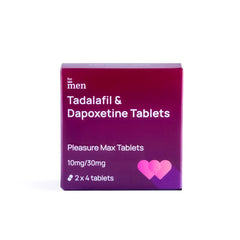
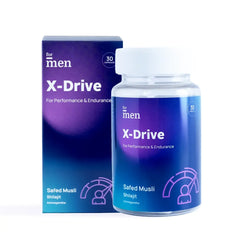
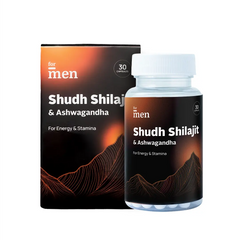
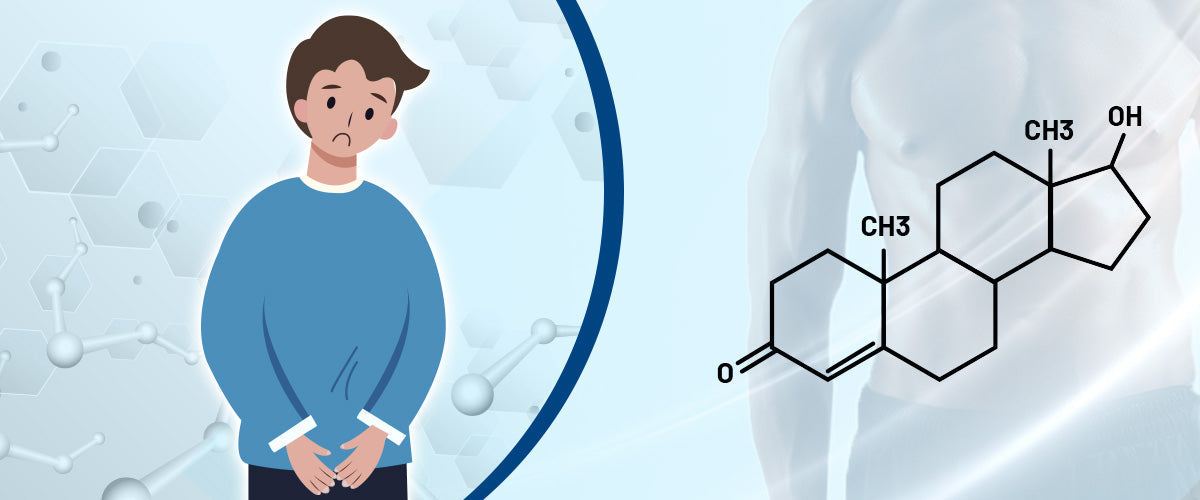

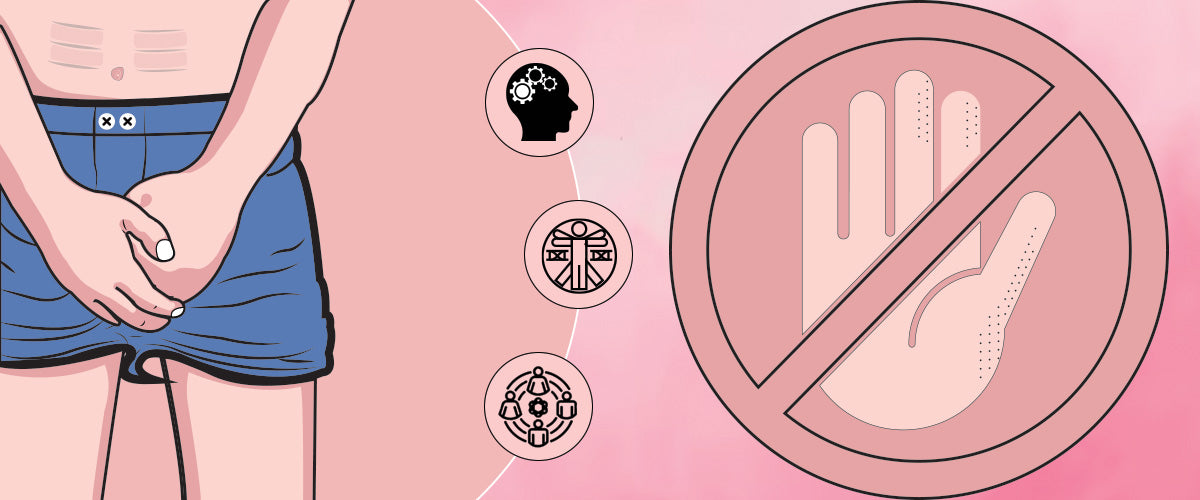
Leave a comment